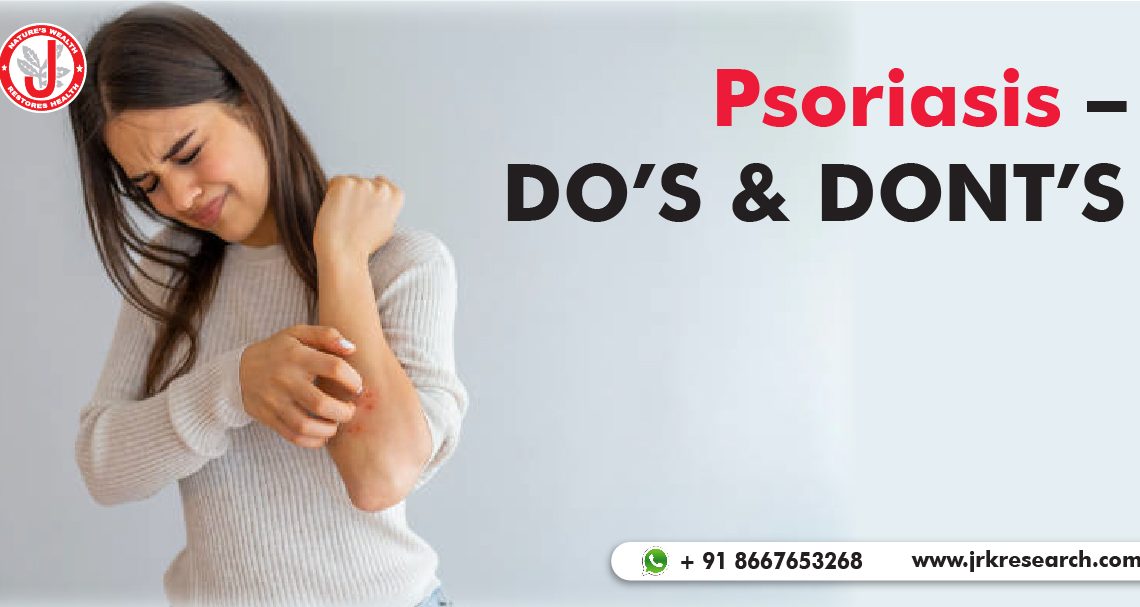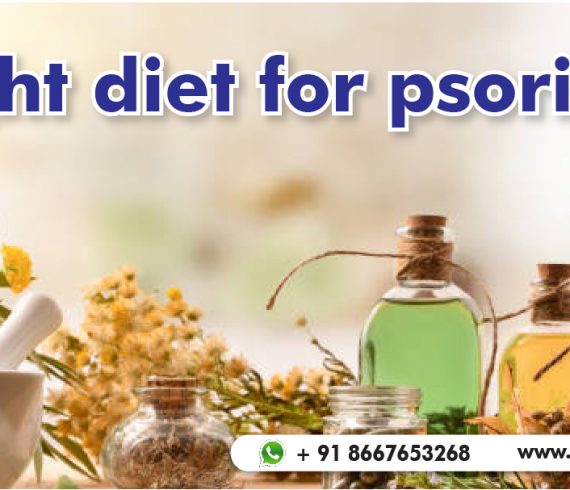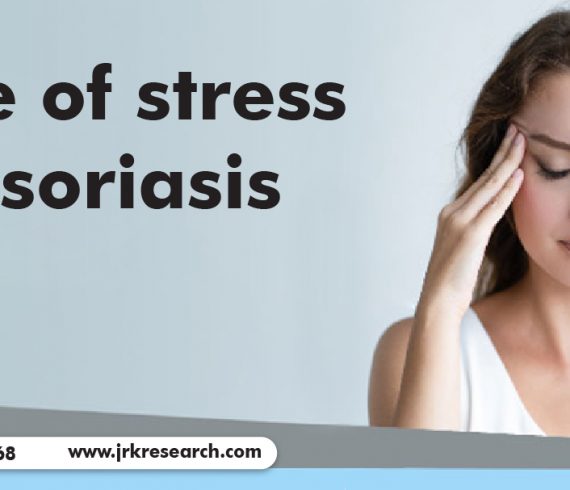

What is psoriasis?
Psoriasis is a chronic inflammatory skin condition characterized by clearly defined, red and scaly plaques. The skin cells proliferate up to ten times faster than usual on a psoriatic patient.
If you have psoriasis, you are certainly aware of how difficult it can be to deal with the illness. Itchy, scaling skin can impair your ability to complete everyday tasks, disturb your emotional health, and reduce the quality of life.
PSORIASIS DO’S
Identify and get early treatment
Consult a dermatologist. Make an appointment with a dermatologist who specializes in treating psoriasis . Prepare to discuss the specifics of your problem with your doctor, such as when you first noticed it, what your symptoms are, any scenarios that tend to aggravate your symptoms, and what therapies have and have not worked in the past.
Do moisturize
Your skin might get dry frequently so keep your skin moisturized. After washing or showering, apply a moisturizing lotion or ointment on your skin to lock in moisture.
Take a soak
Soaking for 15 minutes in a warm (not hot) bath will help loosen scales and relieve itching and inflammation caused by psoriasis. To further soothe and hydrate your skin, add sea salt, oatmeal, bath oil, or a bath gel containing coal tar to the water.
Sun exposure
Getting exposed to the sun after application of a pre-bath oil can help in active exfoliation of psoriatic scales and helps in, decreasing the itching and inflammation and offers a prolonged period of remission.
“One of the gold standards for treatment of psoriasis is phototherapy,” which involves exposing the skin to ultraviolet light on a regular basis and under medical supervision. According to the National Psoriasis Foundation, UVB light in particular penetrates the skin and slows the growth of affected skin cells.
DONT’S OF PSORIASIS
Don’t go overboard.
The best approach to treat psoriasis is softly. Avoid the urge to scratch or scrape lesions, as this will only aggravate them and make them worse. Picking at scales can cause bleeding and raise your risk of infection. Bathing in really hot water or using abrasive cleansers might also aggravate your symptoms.
Avoid These Foods
Avoid the consumption of red meat, dairy products, gluten, processed foods and alcohol.
Psoriasis may be triggered or worsened by alcohol intake, Red meat (beef, pork) contains saturated fatty acids, which can aggravate the inflammation in psoriasis. Also, excessive intake of simple sugars like sucrose may exacerbate psoriasis. Omega-3 fatty acid rich foods such as flax seeds, olive oil, pumpkin seeds, and walnuts are beneficial in psoriasis along with fresh fruits, vegetables, and greens.
Find the best material for you
Avoid clothes that trap heat, make you sweat, or have harsh fabrics that scratch your skin and cause irritation. Instead, choose clothes made from cotton, linen, or satin that allow your skin to breathe. Soft, cool fabrics can also absorb sweat.



